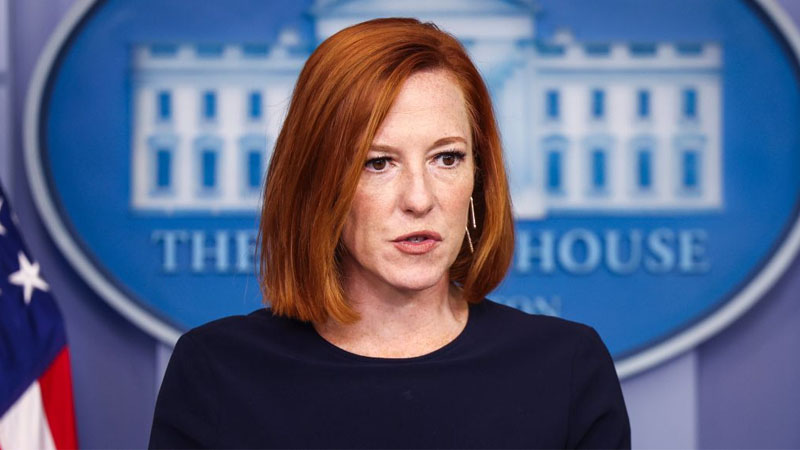“It’s Incredibly Reckless” Former Federal Prosecutor Criticizes Trump’s Latest Fundraising Tactics on MSNBC

Brendan McDermid | Reuters
Former President Donald Trump’s recent fundraising email has stirred controversy by claiming he was “tortured” during his processing at Fulton County Jail for the Georgia election racketeering case—a standard procedure for all defendants. This hyperbolic claim was analyzed on MSNBC by former federal prosecutor Barbara McQuade, who expressed concerns about the potential incitement of violence among Trump’s supporters.
The email follows a series of violent threats against law enforcement officials involved in Trump’s prosecutions, including an Alabama man who admitted to making threatening calls to Fulton County District Attorney Fani Willis and Fulton County Sheriff Patrick Labat. Trump’s rhetoric in the email has been seen as yet another escalation in his ongoing campaign against the legal proceedings, with him attempting to monetize his mugshot by placing it on mugs for sale, reported The Hill.
MSNBC host Joy Reid highlighted Trump’s marketing strategy, saying, “Of course, they’re supposed to get a mugshot, so guess what, I put it on a mug for the whole world to see.” She then sought McQuade’s insights on the implications of Trump’s statements.
“Well, you know, again, this is incredibly reckless conduct,” McQuade commented. “To say that he was tortured — I mean, does he mean that figuratively? I’m sure he doesn’t mean he was physically tortured. There is absolutely no basis in fact for that.”
McQuade warned of the dangerous impact of such statements, noting that Trump’s words could be perceived as a call to action by his more radical followers. “He knows that there are people out there who will hear that as a call to action. Just as the Proud Boys heard his comment as a call to action. Just as when he falsely claimed that the FBI had planted evidence at Mar-a-Lago during the search, that someone heard that as a call to action, attacked an FBI office in Cincinnati the next day with an assault weapon, and was killed later that day in a standoff with police.”
She concluded with a stern warning about the risks of such inflammatory rhetoric: “It’s incredibly reckless to use this kind of rhetoric, and he has to know that. It is inviting vigilante violence and it is making our country more dangerous.” This discussion underscores the growing concerns about the potential for real-world violence fueled by political rhetoric, as law enforcement officials and commentators call for responsibility and restraint from public figures.


